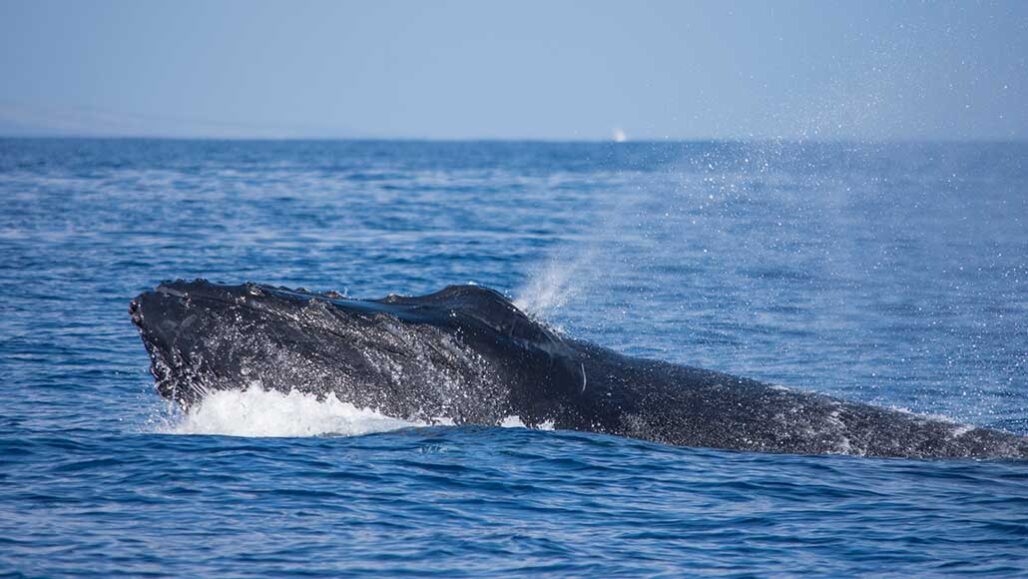Questions for “Whale blowholes don’t keep out seawater”

A humpback whale spouts water from its blowhole. New research shows the blowhole isn’t as protective as scientists had thought, and water and pollutants may be getting into whales’ lungs.
MRaust/iStock/Getty Images Plus